Canada’s economy contracted 0.2 % in February, its first monthly decline since November, as slumps in mining, oil and gas extraction, and construction dragged overall output lower, Statistics Canada said.
Canada’s economy contracted by 0.2 percent in February, the first monthly decline since November, as weakness in mining, oil and gas extraction and construction offset gains elsewhere, Statistics Canada reported on Wednesday.
The goods-producing side of the economy shrank 0.6 percent, led by a 2.5 percent slide in mining, quarrying and oil and gas extraction after two months of growth. Construction fell 0.5 percent—its first drop in four months—driven largely by a 0.9 percent decline in residential building activity. Service-producing industries edged down 0.1 percent, with modest pullbacks in real-estate rental and leasing, finance and insurance, and education.
Statistics Canada said harsh winter storms in several provinces contributed to February’s weakness. Businesses also faced softer demand after earlier stocking up on supplies amid uncertainty over potential U.S. tariffs; those advance purchases have left inventories high and dampened new orders.
Analysts had expected February output to be flat, matching the agency’s advance reading. January GDP had climbed 0.4 percent.
StatCan’s early estimate points to a 0.1 percent expansion in March and annualised first-quarter growth of about 1.5 percent, though final quarterly figures—calculated from expenditure and income data—may differ slightly.
While strong consumer spending and lower interest rates lifted growth late last year, the Bank of Canada warns that 2025 could prove challenging as the economy contends with U.S. duties on steel, aluminium, autos and other goods.

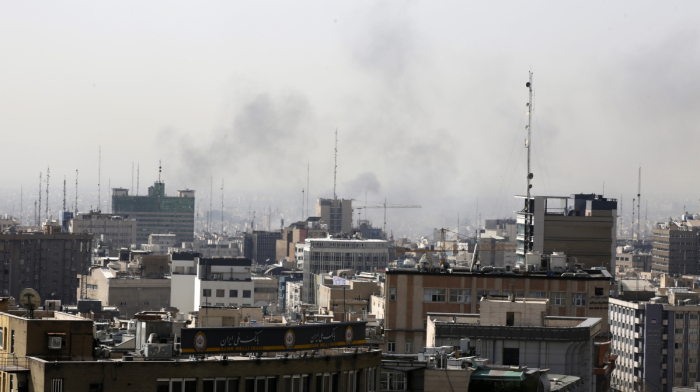

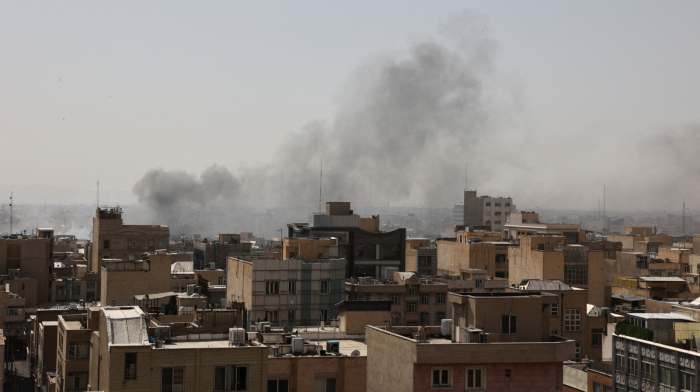
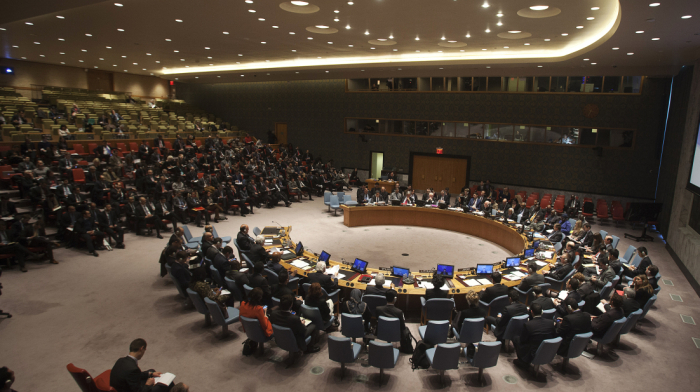
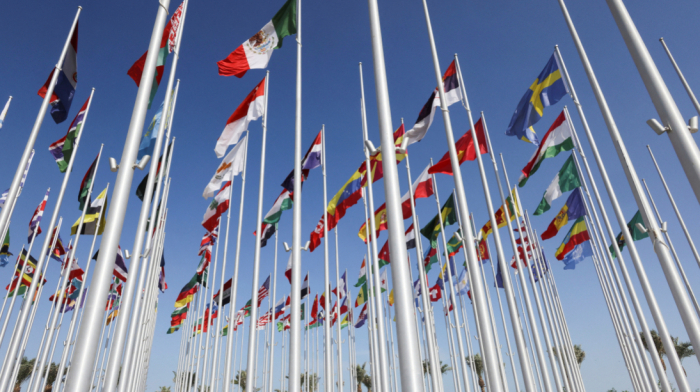


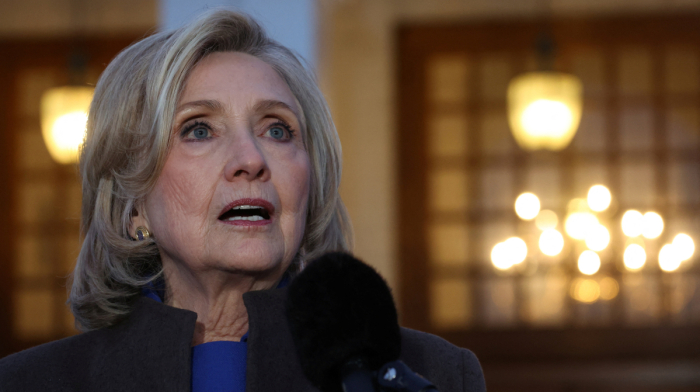
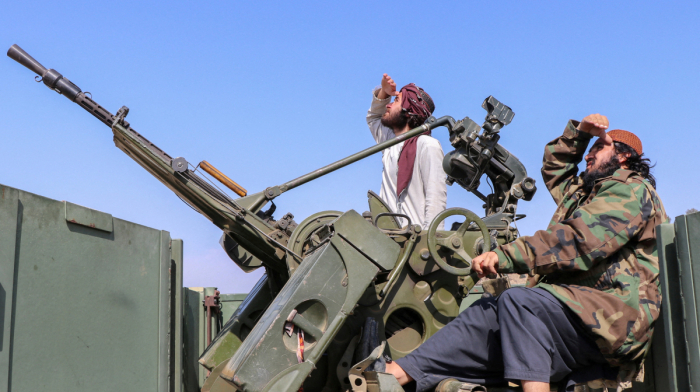



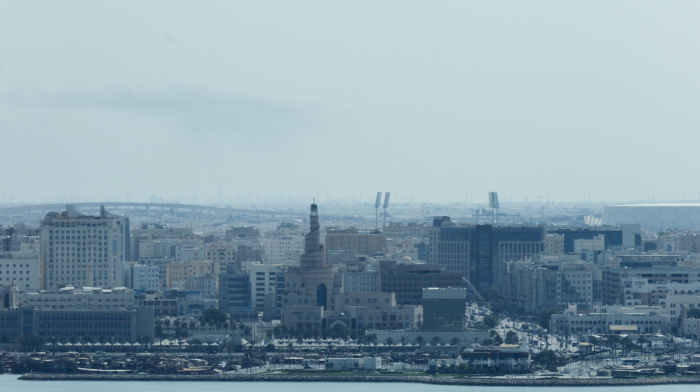

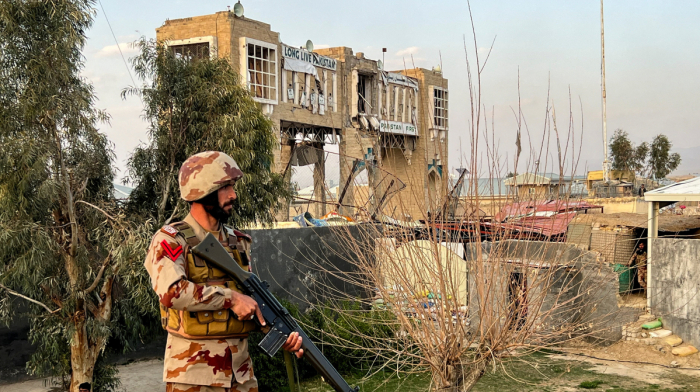



What is your opinion on this topic?
Leave the first comment